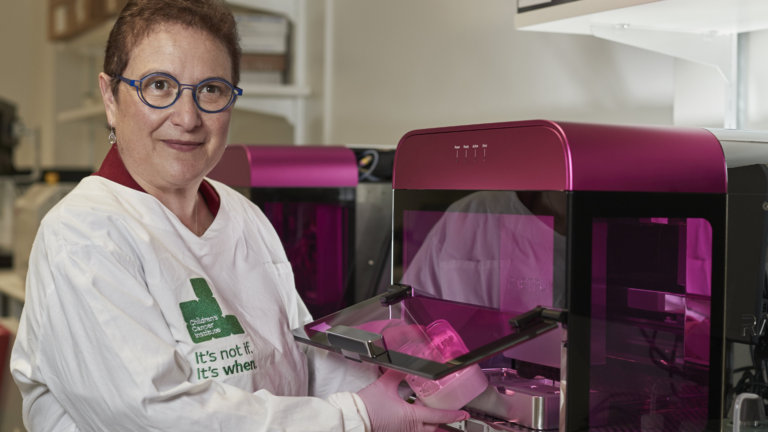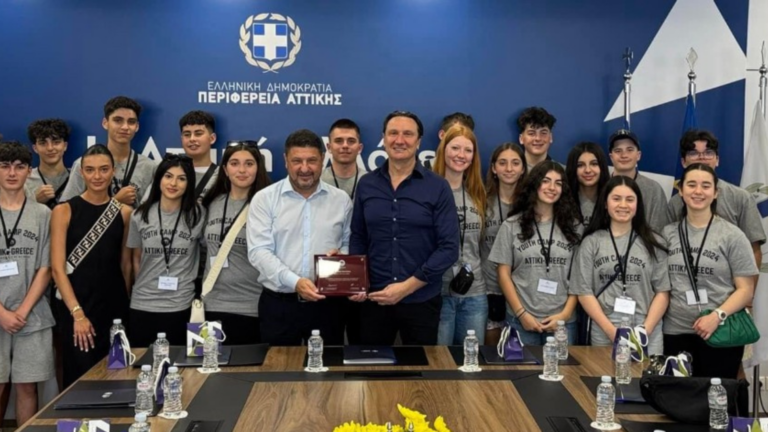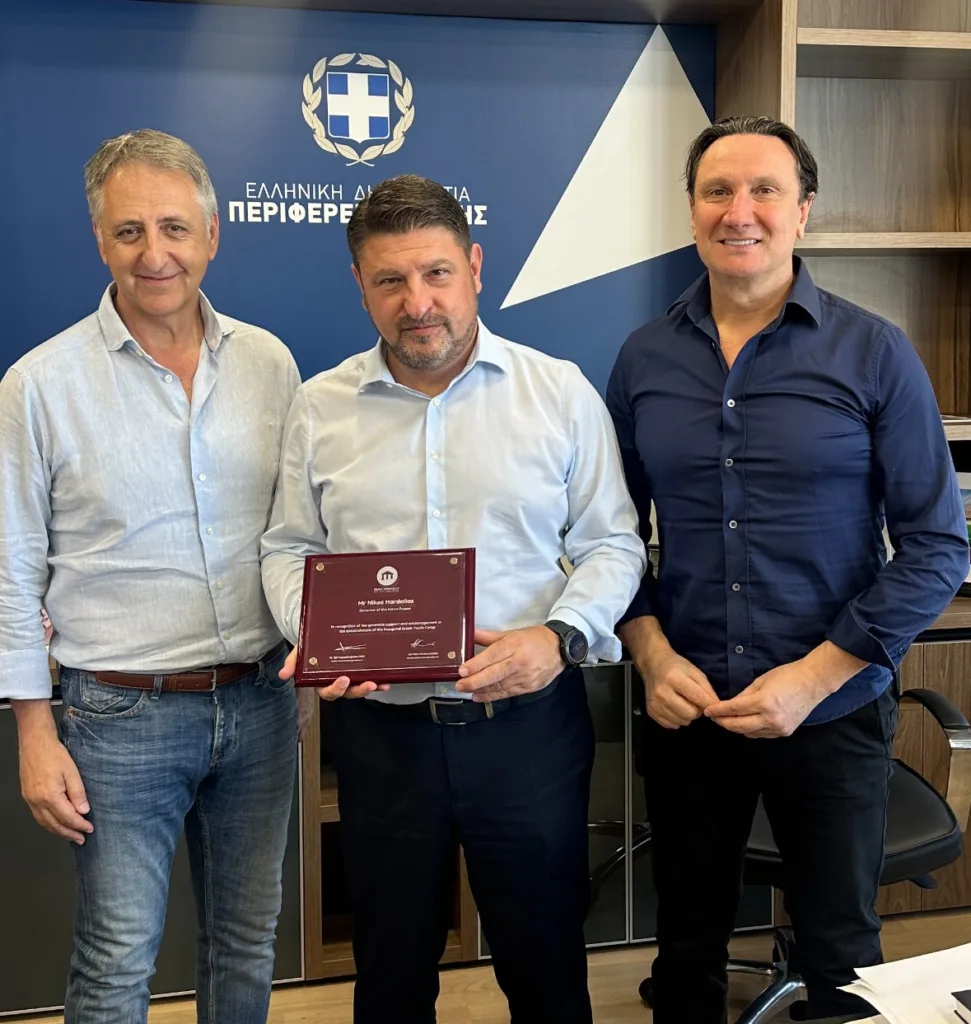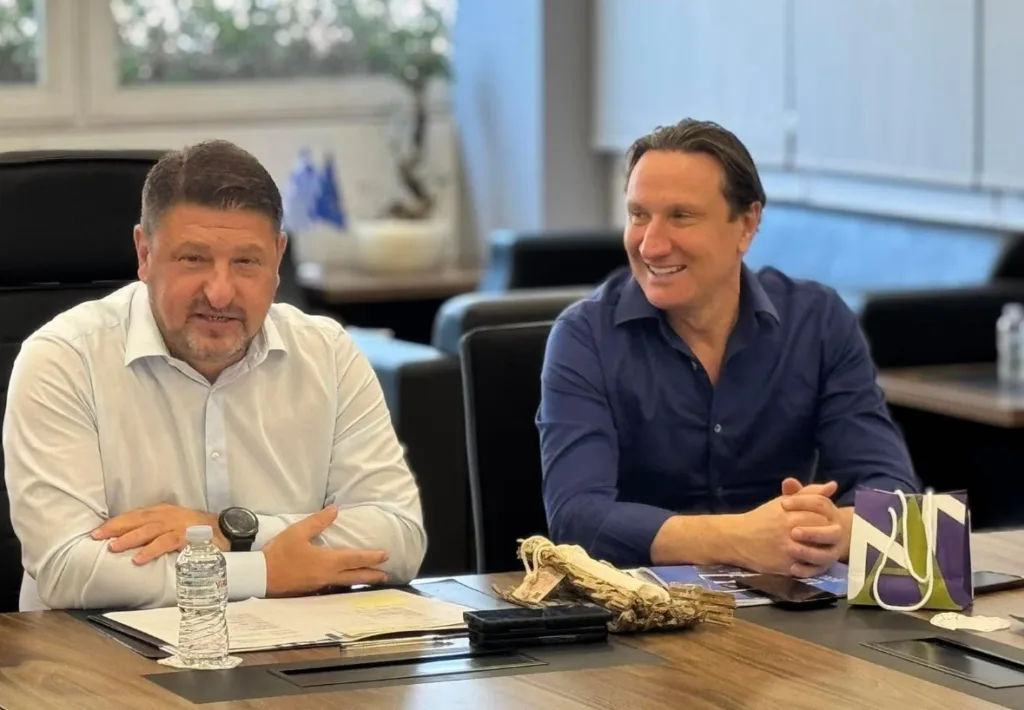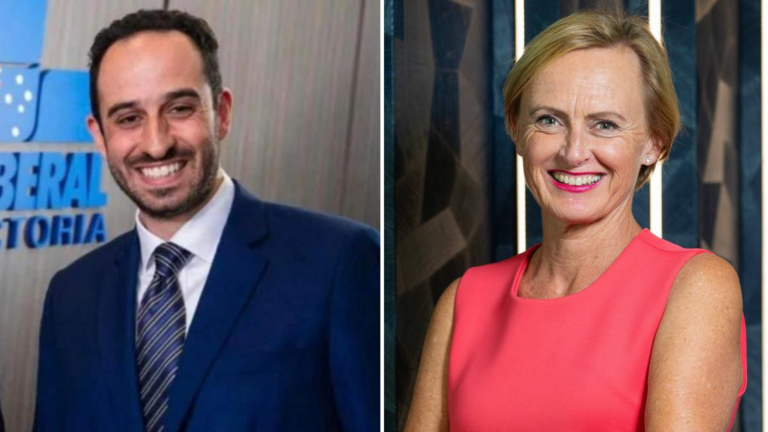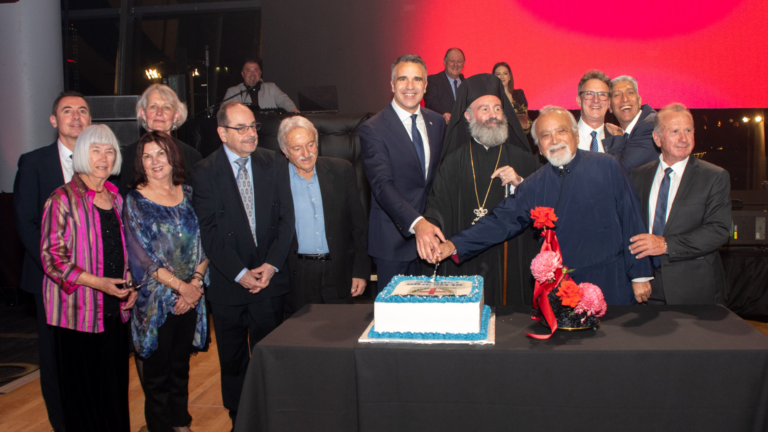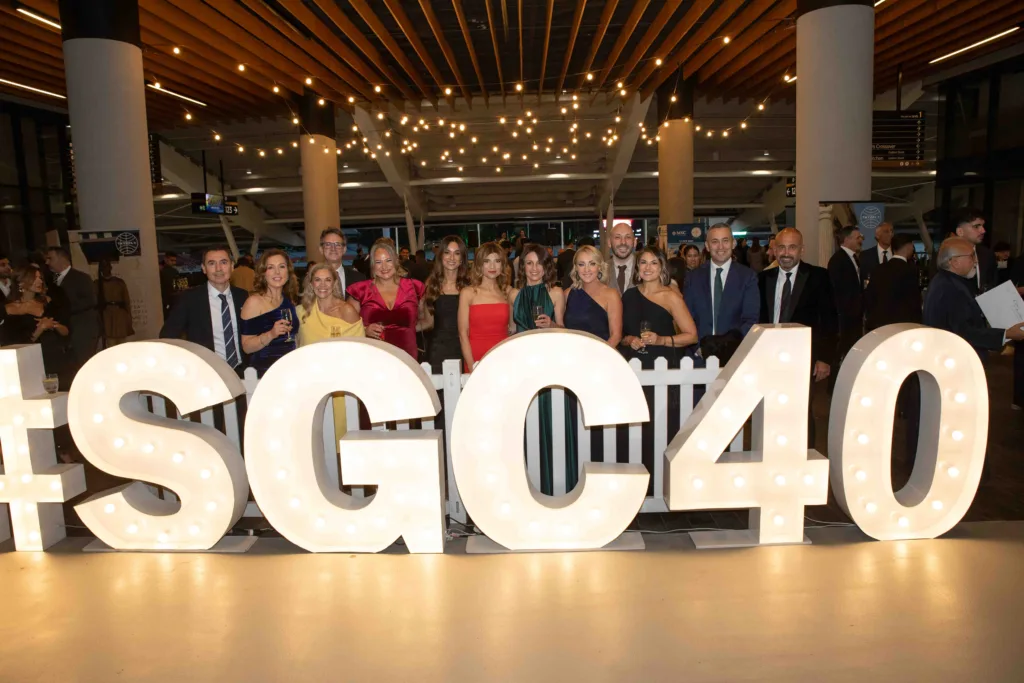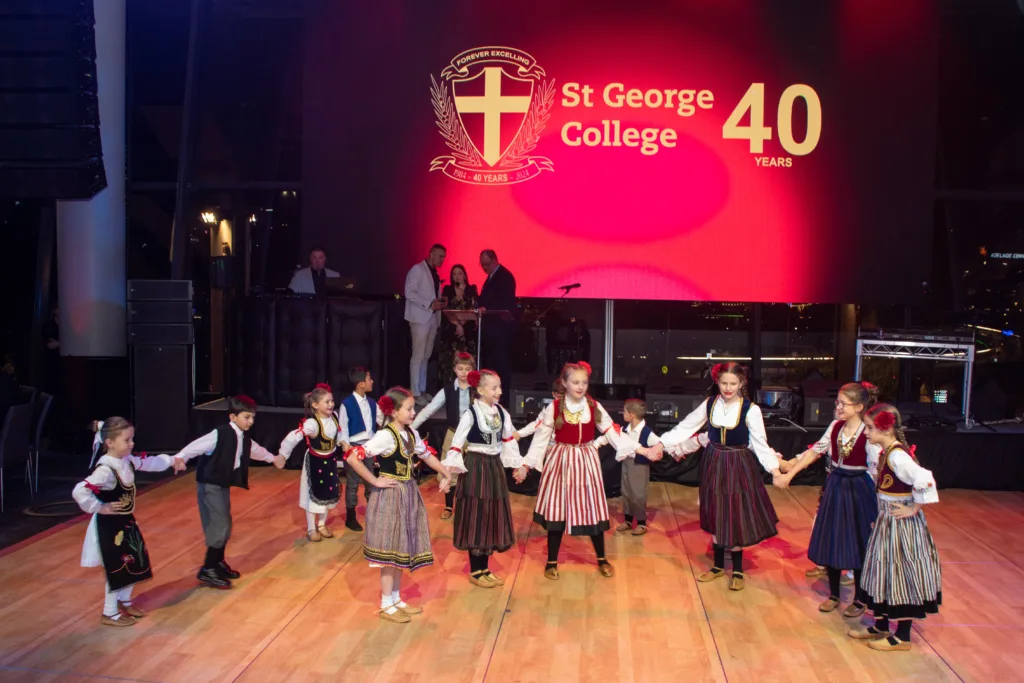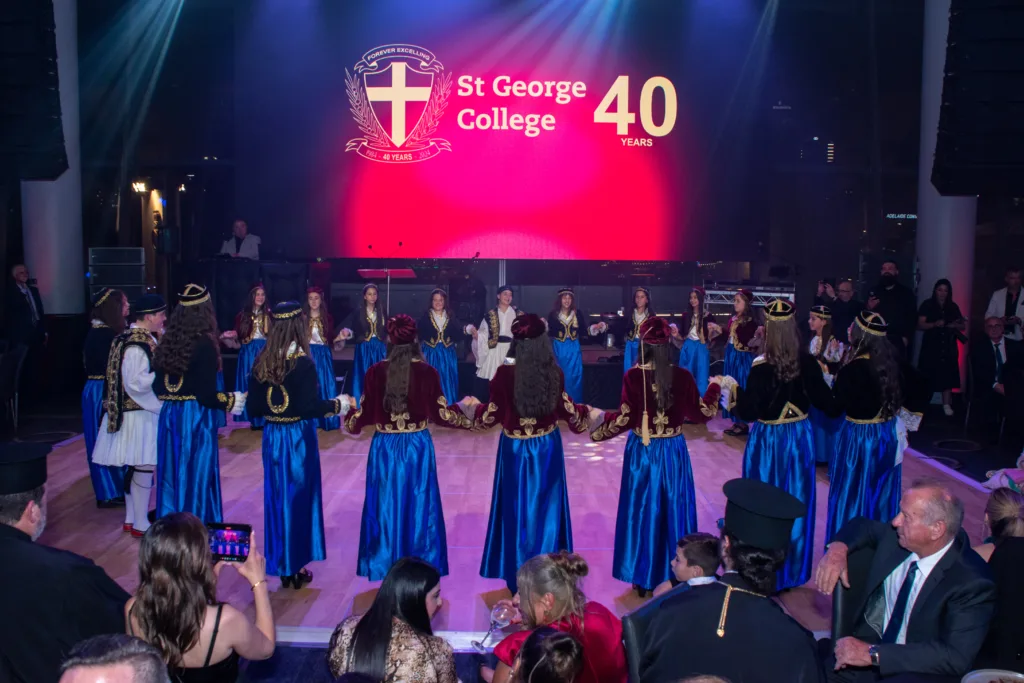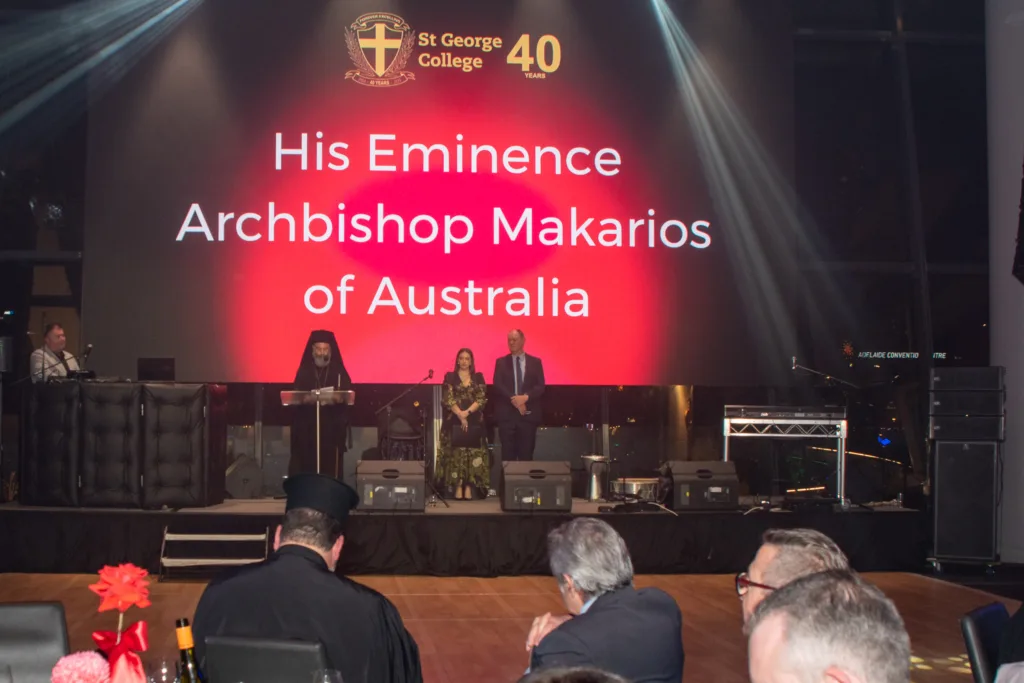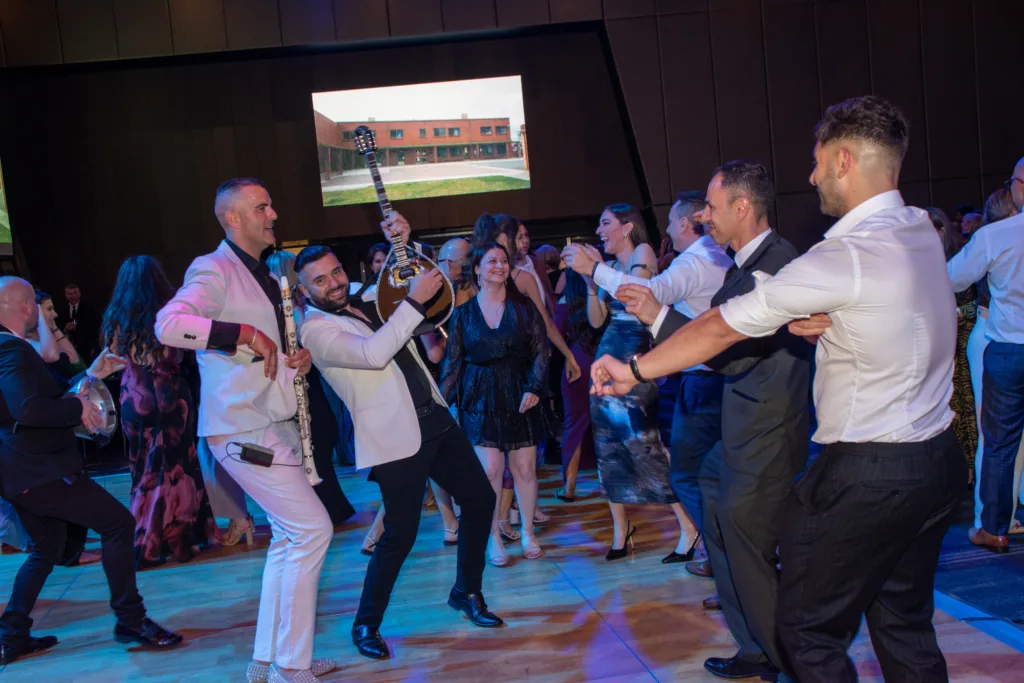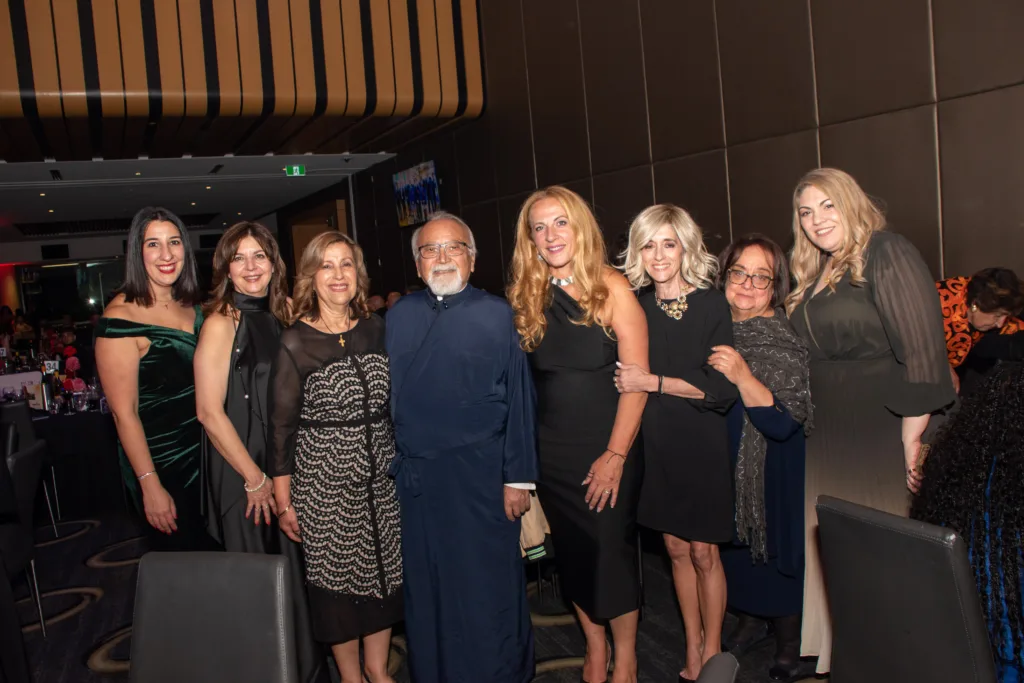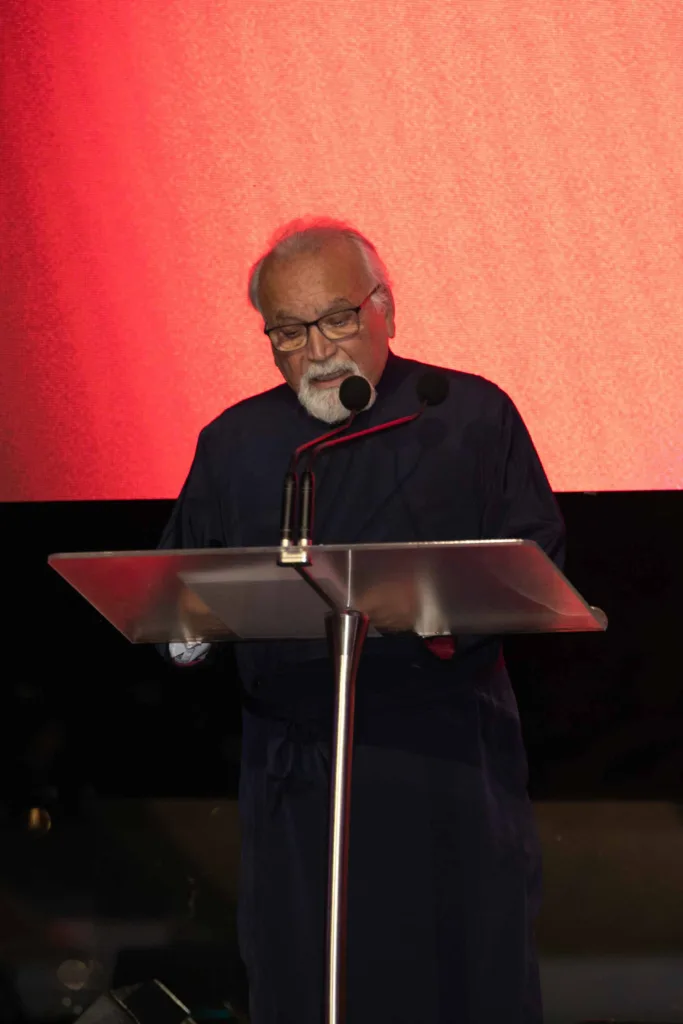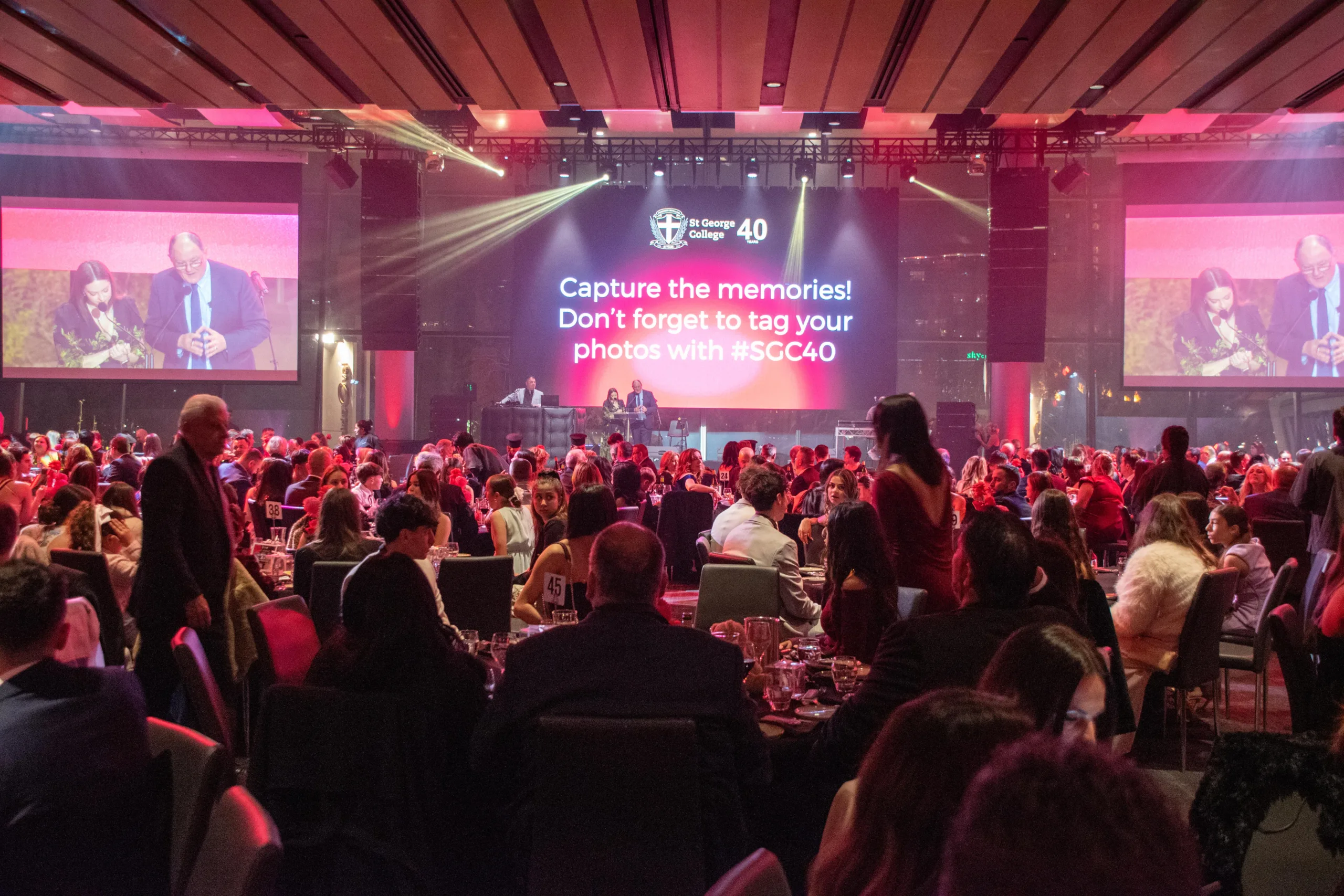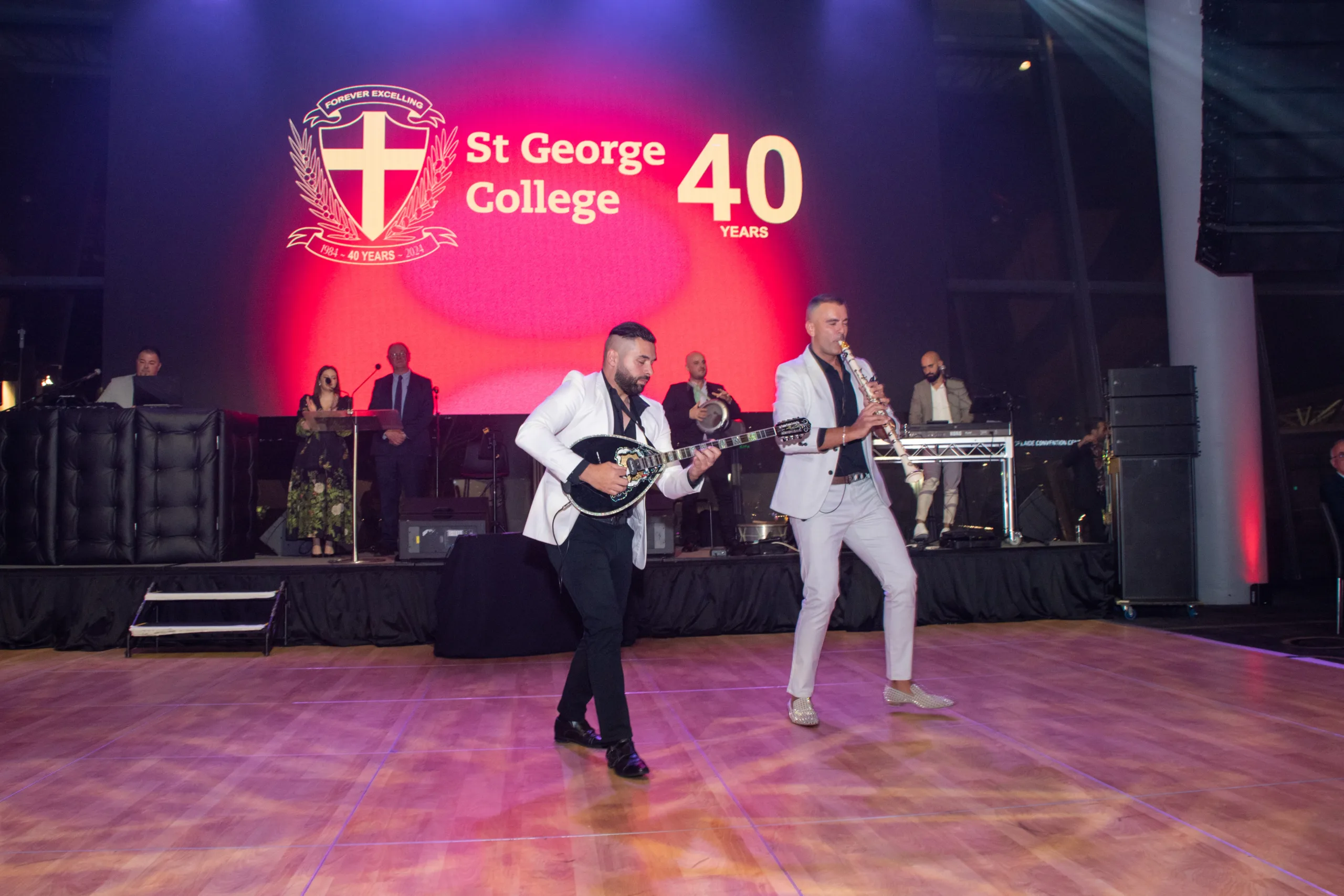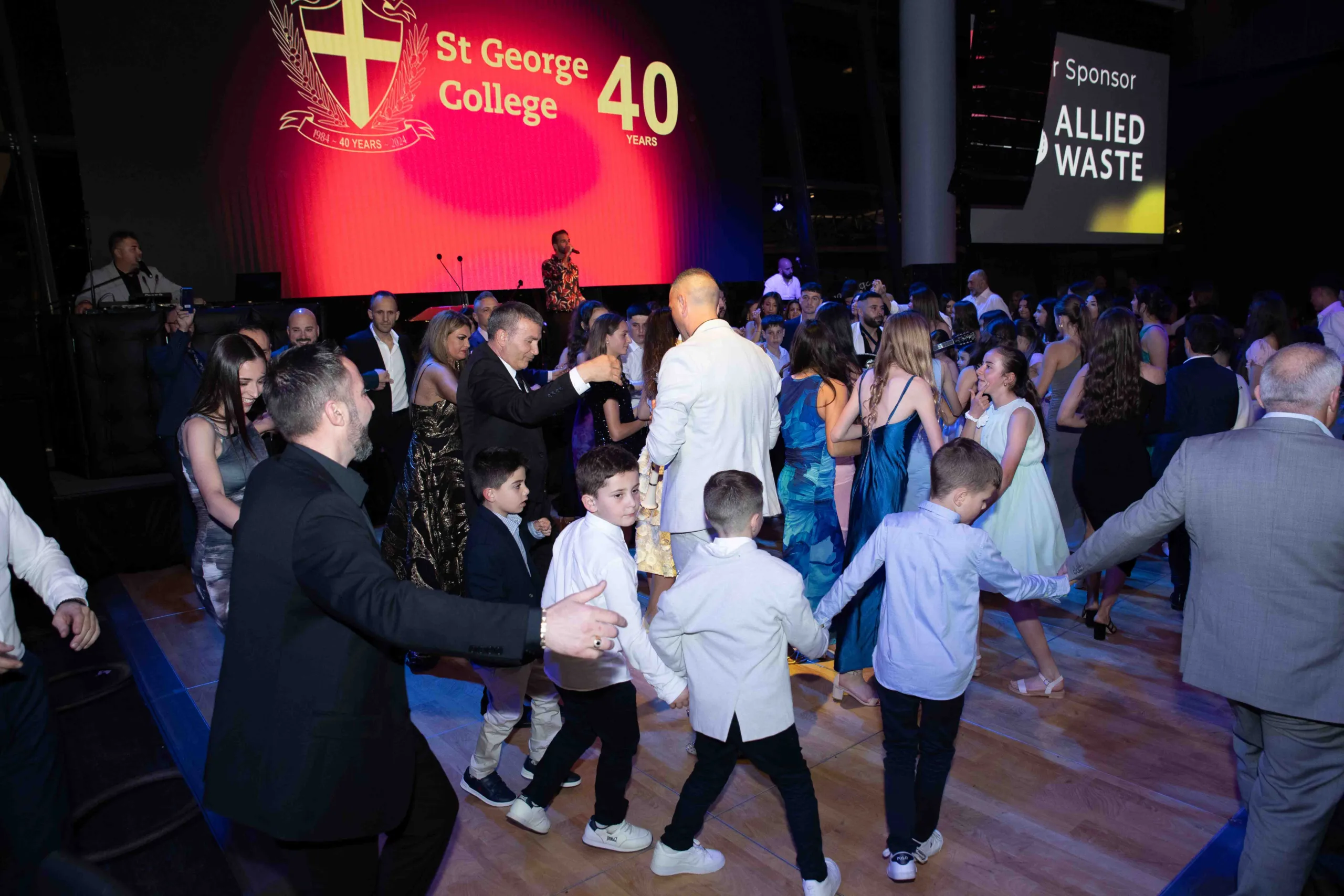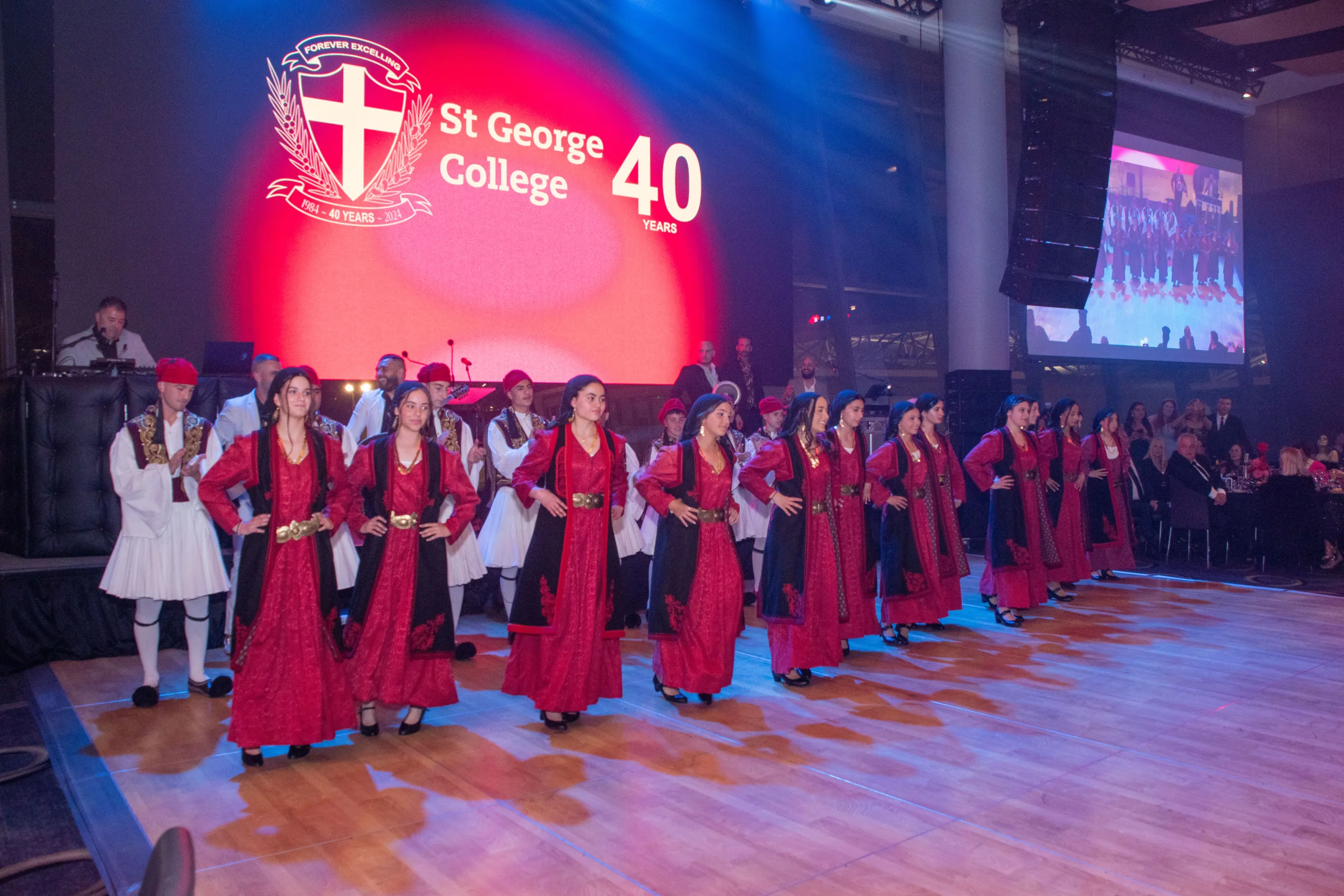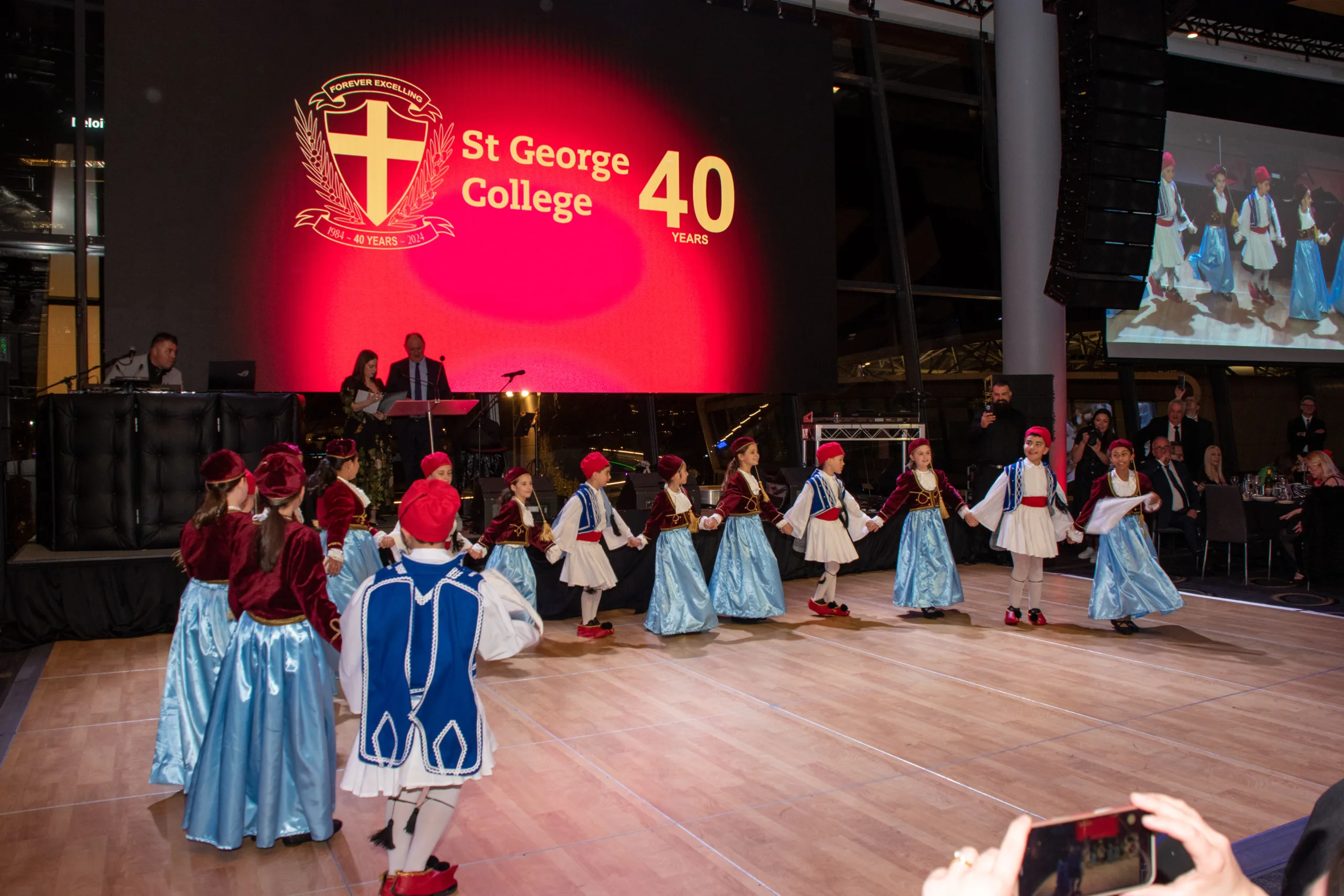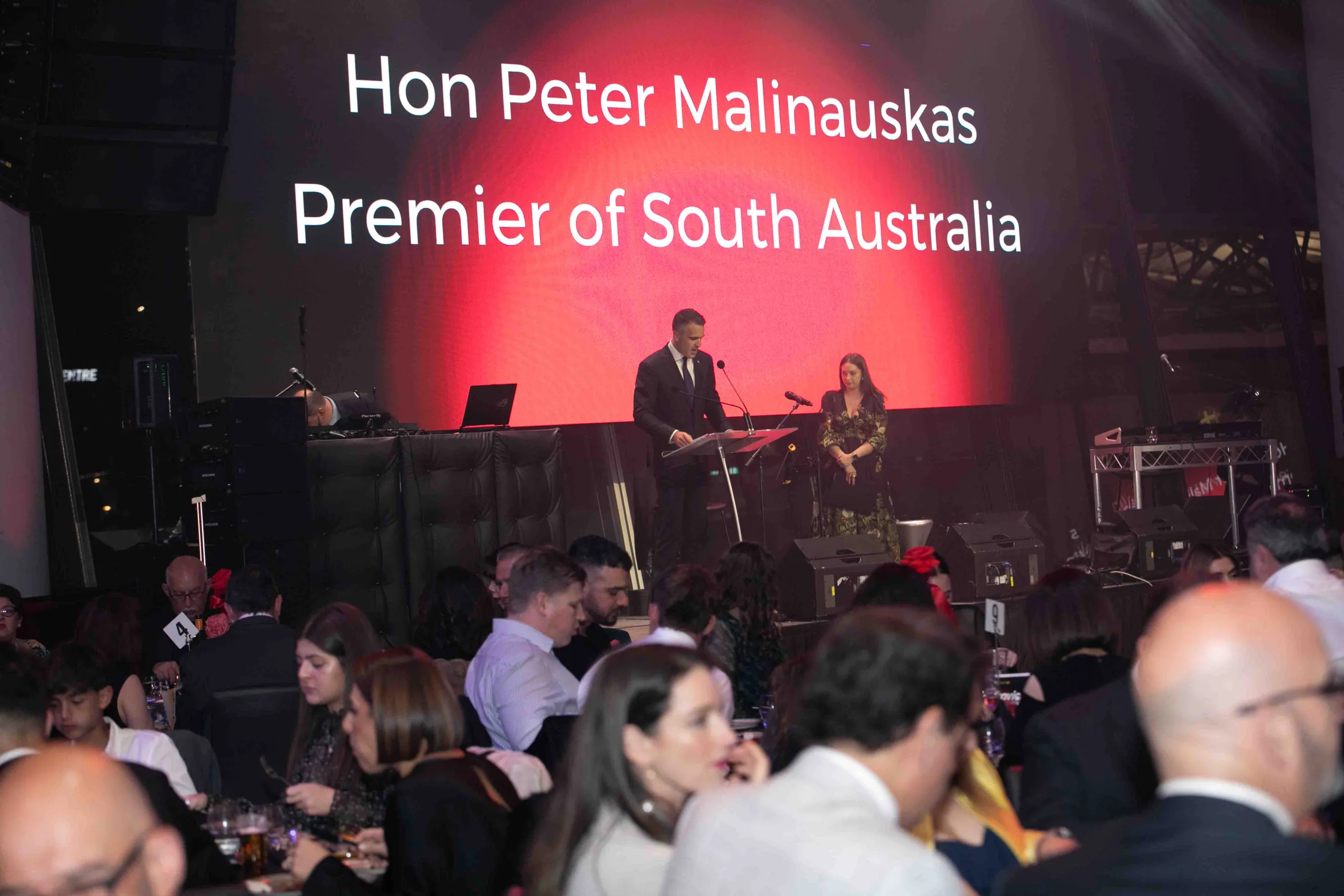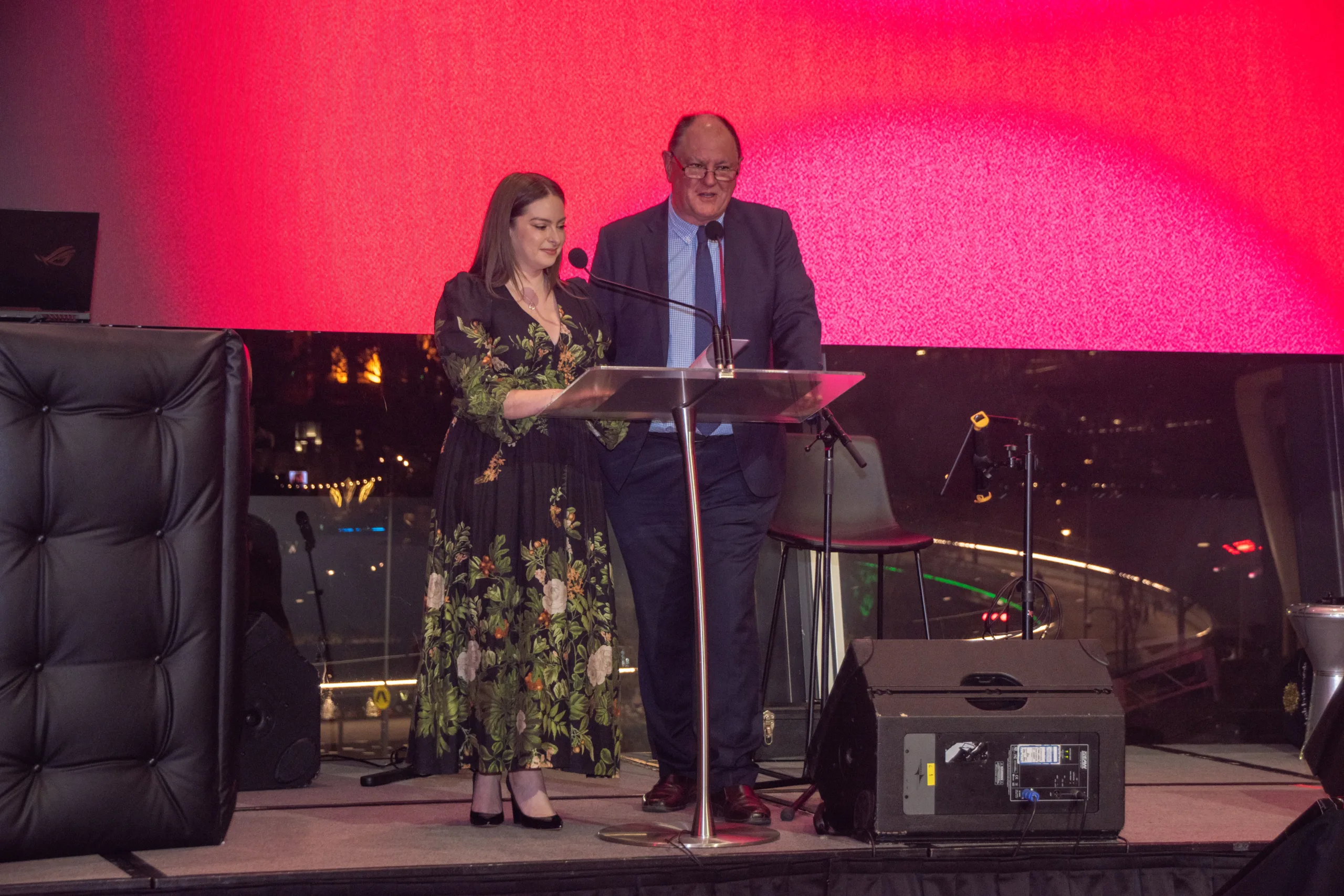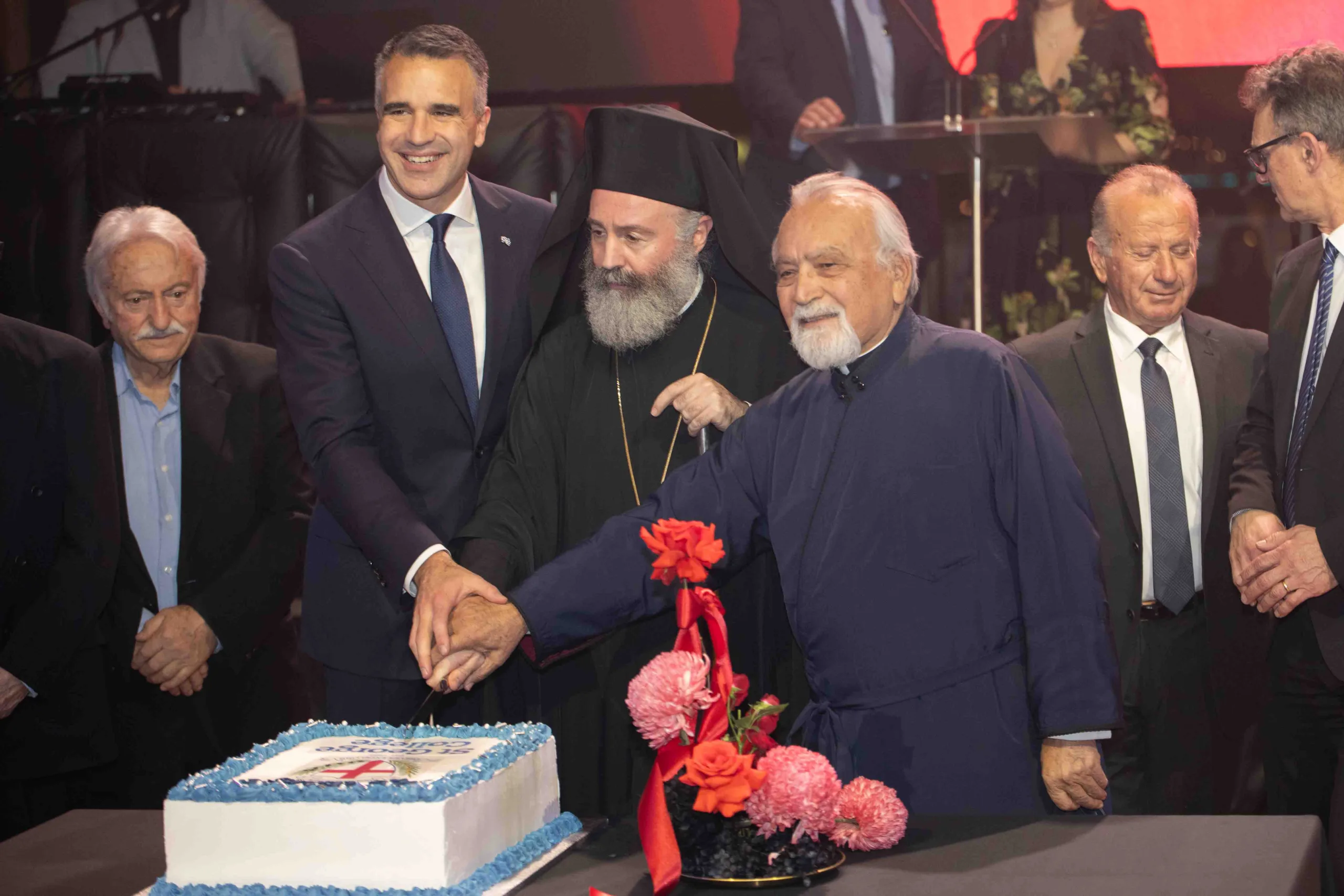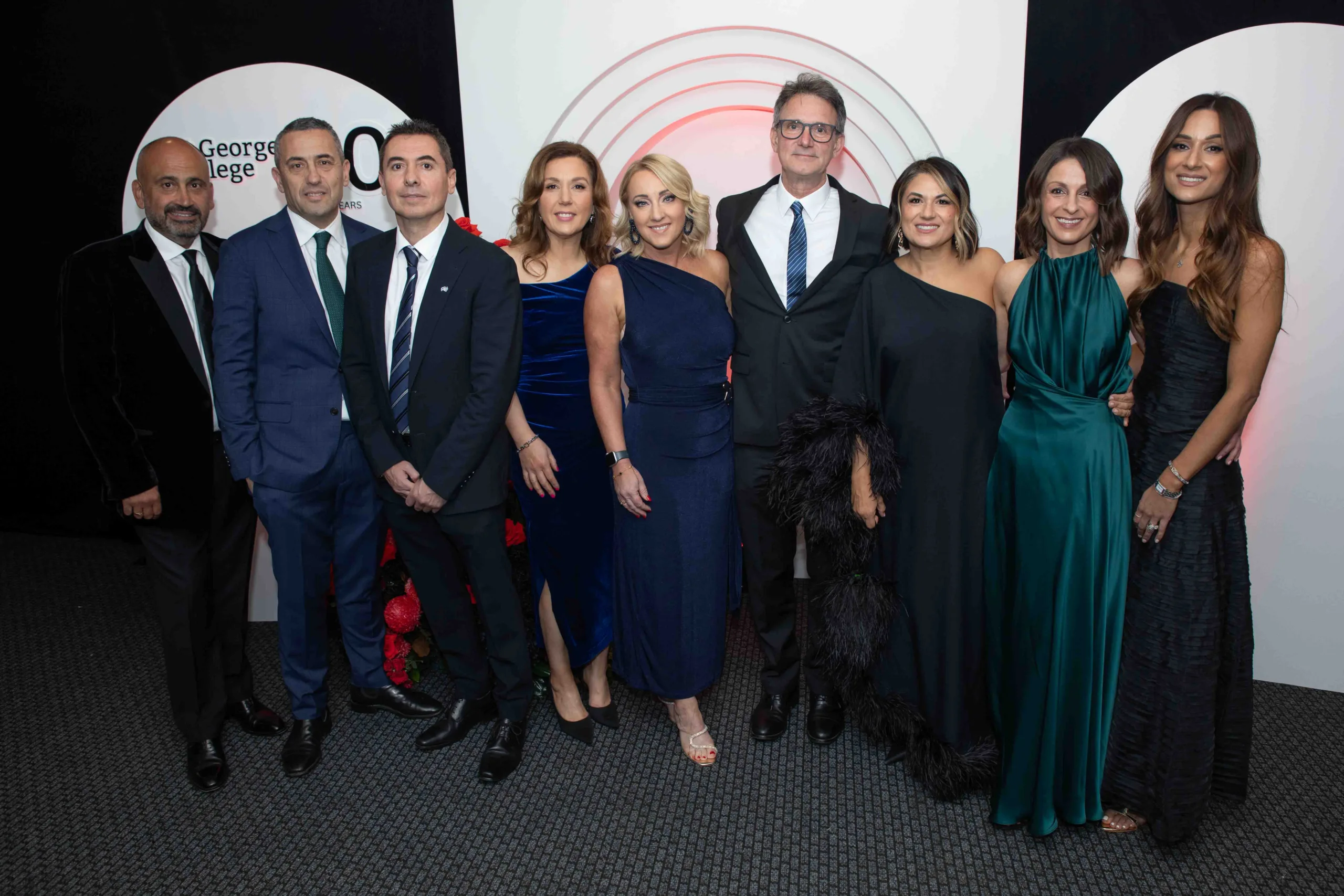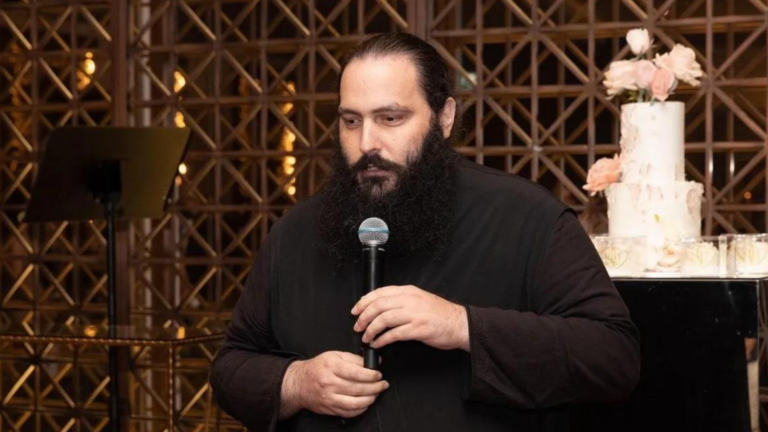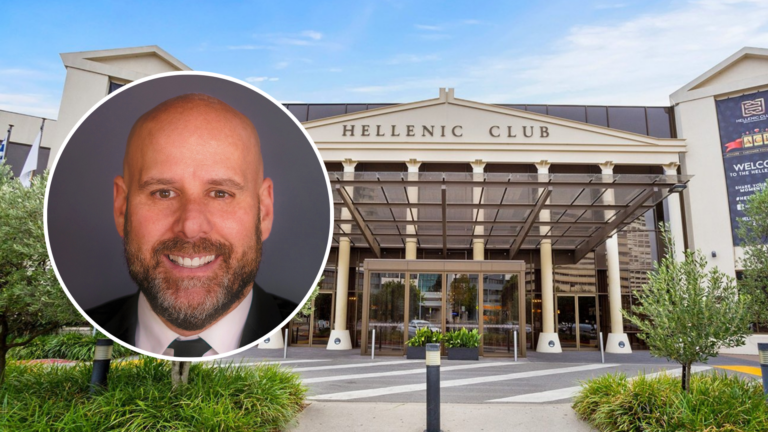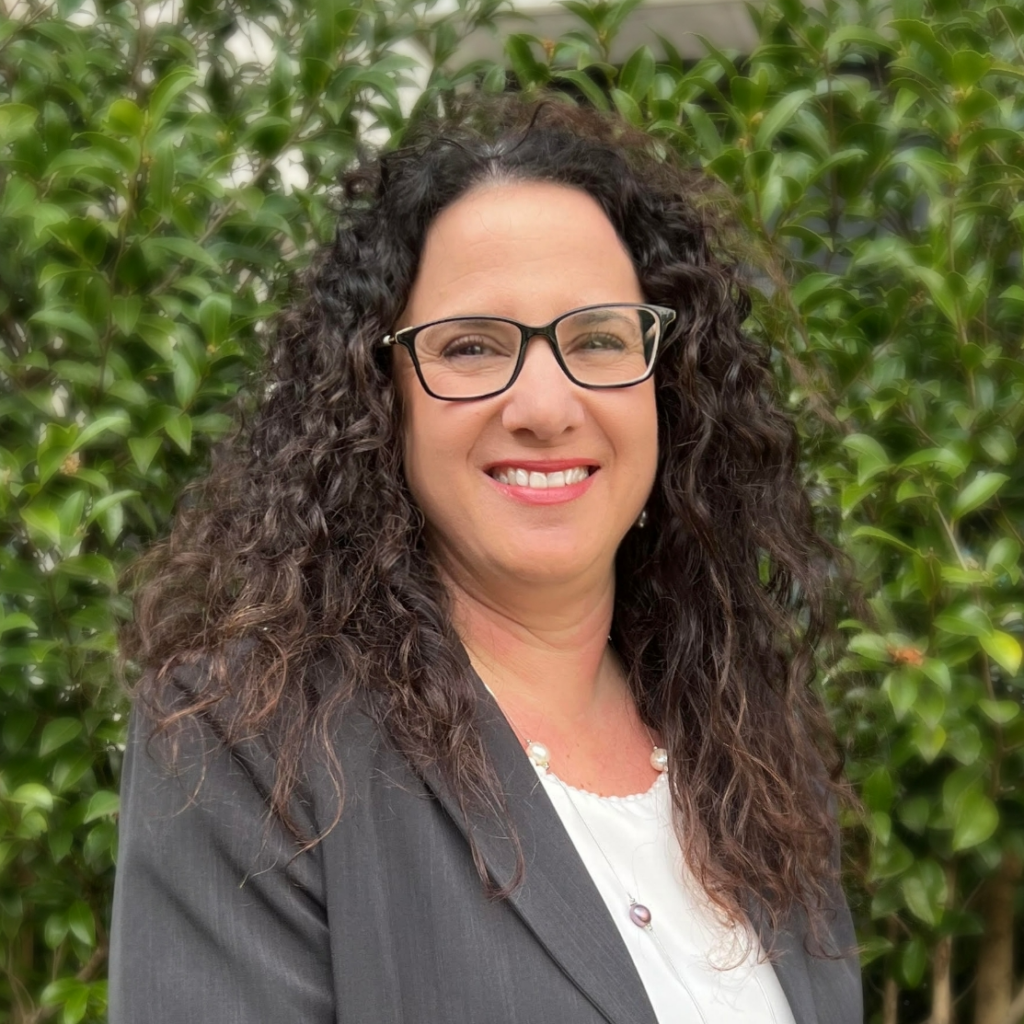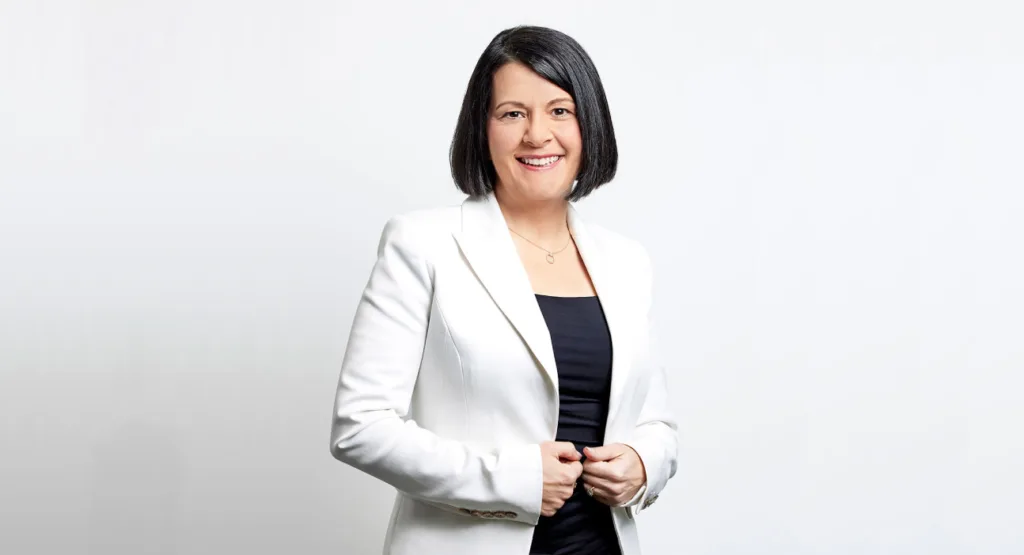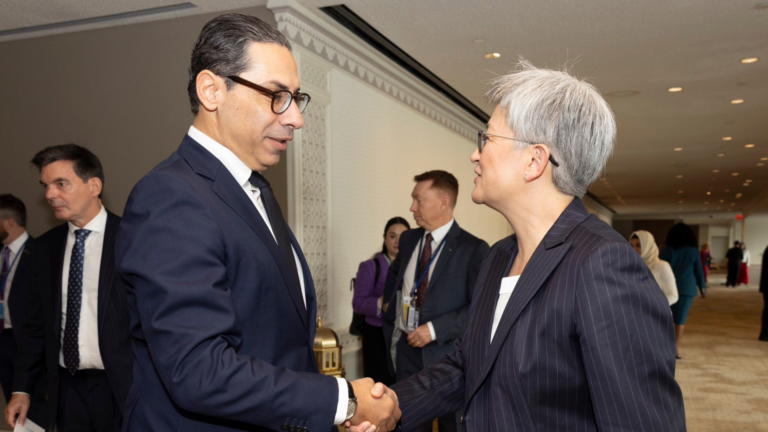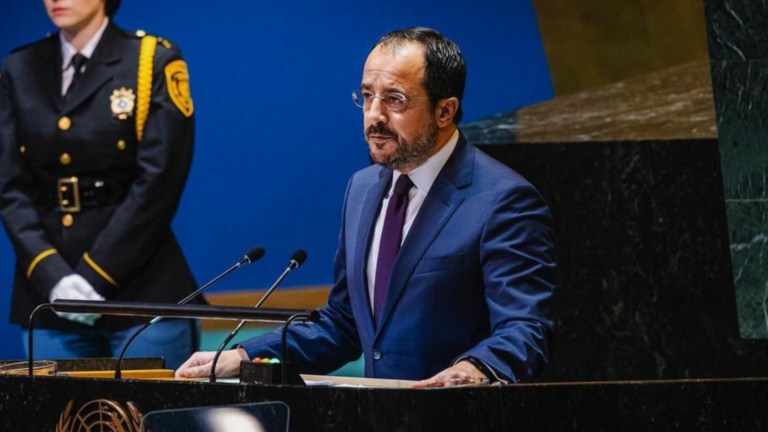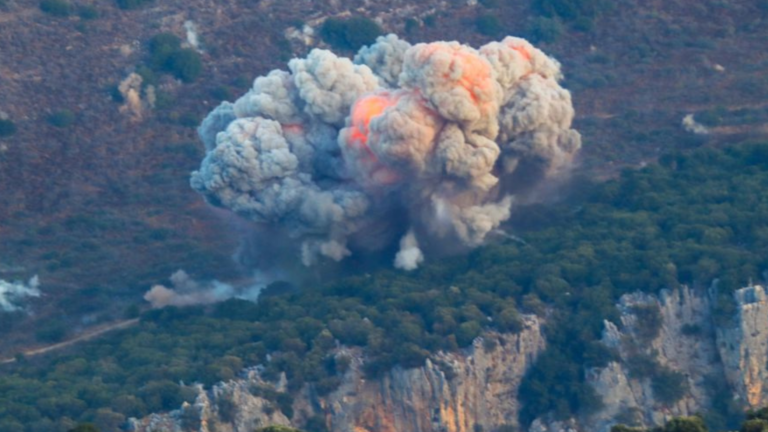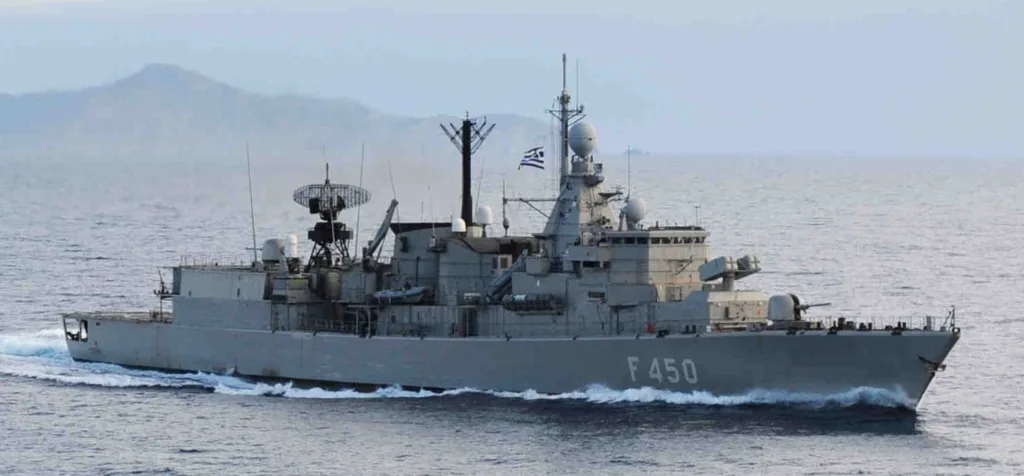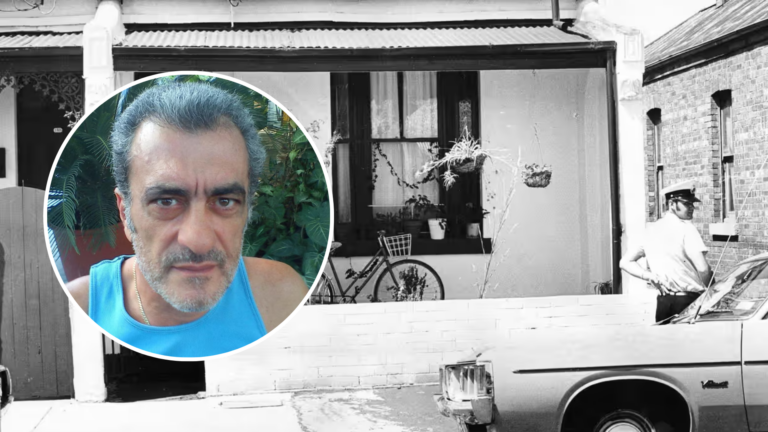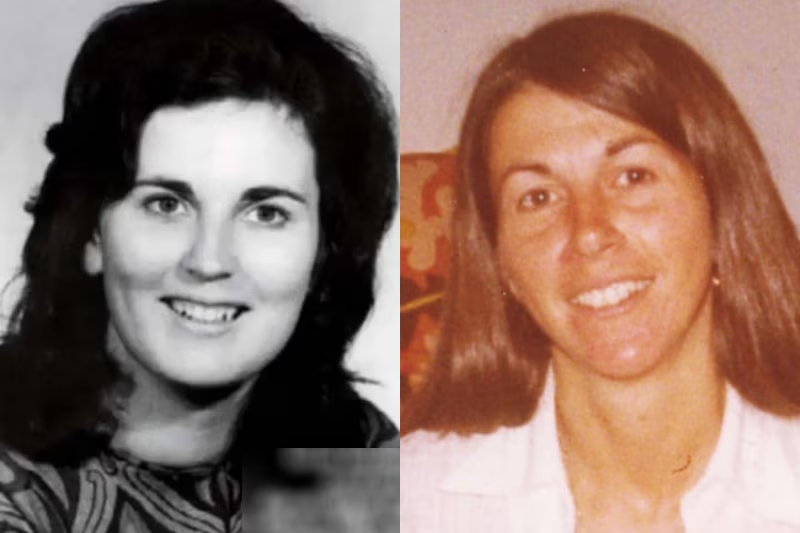Today, eight out of 10 children will survive cancer thanks to the advances of modern medicine and the dedication of cancer researchers. But there is more work to be done. Cancer kills more children than any other disease.
Established in 1984, the Children’s Cancer Institute celebrates 40 years of research this year and is the only independent medical research institute in Australia dedicated to curing children’s cancer.
Last December, it was announced that the Zero Childhood Cancer Program (ZERO) would be available to all Australian children diagnosed with cancer. ZERO’s first national precision medicine trial began in 2017 and it was led by the Children’s Cancer Institute and Kids Cancer Centre at Sydney Children’s Hospital. Research focused on identifying new treatment options for children with high-risk cancers and searching for treatment that will target those alterations.
Cancer kills three children every week in Australia – more than any other disease. Source: https://www.ccia.org.au/
Leading researcher
One of the first researchers employed 40 years ago by the Children’s Cancer Institute was Professor Maria Kavallaris who is now leader of its Translational Cancer Nanomedicine Group, and founding Director of the Australian Centre for NanoMedicine at the University of New South Wales (UNSW).
Prof. Kavallaris is renowned for important discoveries in the mechanisms of clinical drug resistance and tumour aggressiveness in childhood cancer. She has applied this knowledge to develop targeted and effective treatments using nanotechnology against this disease.
Initially she trained in brain and hearing research and worked at the University of Sydney, then moved across to a cancer research lab at the UNSW before joining the Children’s Cancer Institute when the head of the lab was appointed inaugural director.
Prior to moving into her new role with the Institute, Prof. Kavallaris was diagnosed with cancer and received high doses of chemotherapy that led to toxic side effects, placing her in a position where she was experiencing what the children were going through.
“For me, these side effects were terrible and unlike many of the young children going through treatment, as a young adult, I understood what was going on,” she said.
Early research in drug resistance and tumour aggressiveness
In 2023, Prof. Kavallaris was awarded the prestigious Royal Society of NSW Walter Burfitt Prize for her leadership, research and advocacy in the treatment of childhood cancer.
Her early research at the Institute was about trying to understand what makes some tumour cells respond to therapy and what makes some tumours resistant to therapy.
“The majority of patients treated with cancer will respond to the therapy they are given,” Prof. Kavallaris said.
“This means that if they have a solid tumour, the tumour will shrink and may even appear to be gone.
“Then you’ll hear of someone – six months or 12 months later – that the cancer has come back and when the patient is treated with the same therapy they responded from the first time, it does not always work anymore.”
This research has resulted in combination therapy where a cocktail of drugs is given to the patient to kill all tumour cells to prevent the emergence of resistant population cells.

Prof. Kavallaris said if within a million cells one of the cells is resistant to therapy, it survives and these therapy resistant cells start dividing and the tumour returns but is resistant to (chemo) therapy.
“This is caused by a range of factors such as the differences in the genetic make-up of individual cells within that tumour or type of drug the patient is given,” she said.
“This is why when a patient is given chemotherapy or other therapies. They are given a combination of treatments.”
Prof. Kavallaris said researchers have now worked out ways to combine therapies, improved how to identify patients who need standard treatment and which patients need more aggressive treatment. She said research at the Children’s Cancer Institute has led to advanced methods of identifying patients at risk of relapse, by identifying very small cells in their bone marrow after their initial treatment.
“These patients are given more aggressive therapy, and that would more than double the survival risk of those children that otherwise wouldn’t have done so well,” she said.
“A lot of the success of children’s cancer has been through chemotherapy, but having said that, the landscape is changing with new targeted therapies available.
“If the patient has a particular genetic change that is driving the growth of the cancer cells – the drug will target the genetic change to block the growth of the cancer.”
70% of children who survive cancer suffer long-term side effects from their treatment. Source: https://www.ccia.org.au/
New hope, new therapies but more research is needed
In the 1960s, the overall survival rate for childhood cancer was 30 per cent. Today, thanks to research, it has risen to 80 per cent in Australia and for some cancers the survival rate is even higher.
Prof. Kavallaris said childhood cancer is the most common disease-related death of children in Australia, something that ‘shocks’ people.
“People don’t understand why there needs to be research into children’s cancer,” she said.
“The reality is the cancers children get are different to the cancers adults get. The biology that causes them is completely different.
“We need very specific research and treatment for children’s cancers.’’
One of the new therapies being used, CAR T therapy, is one of the new therapies being used in childhood acute lymphoblastic leukaemia.
Doctors take a patient’s T cells (healthy cells), engineer them out of the body and express something on the surface of them, something that will attack the cancer cells.
“This has been quite successful for leukemia where patients have relapsed multiple times and they have run out of options,” Prof. Kavallaris said.
“I feel in the next five to 10 years the landscape is changing fast.”
